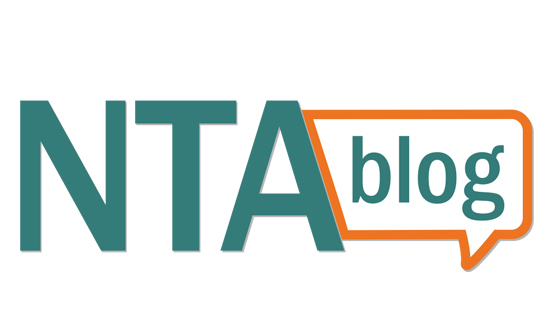Subscribe to the NTA’s Blog and receive updates on the latest blog posts from National Taxpayer Advocate Erin M. Collins. Additional blogs can be found at www.taxpayeradvocate.irs.gov/blog.


In this blog post, I will discuss how the IRS has been dealing with a growing sector of our economy called the “sharing” economy (also known as the gig economy). Proponents of the sharing economy believe it promotes marketplace efficiency by enabling individuals to generate revenue from assets while the assets are not being used personally. For example, a vacation home owner may rent out her home while she is not using it. Airbnb (short-term home rentals) and Uber (shared car services) are two of the more prominent companies that facilitate a sharing economy.
Nearly a quarter of the U.S. population earns money from the sharing economy. Although it may be growing at a healthy rate, I want to make clear that not all sharing economy participants are finding it to be a very lucrative endeavor. On the contrary, data show that the vast majority – 85 percent – earn less than $500 per month from their gigs.
Furthermore, many of the service providers are simply unfamiliar with the tax filing and recordkeeping requirements. Service providers in the sharing economy may not fit the mold of the traditional employee who works “9 to 5” and receives a Form W-2 from one employer. Rather, a service provider in the sharing economy may have to take on multiple gigs to help make ends meet, making it difficult to track and allocate expenses among the various gigs. The majority of them do not receive any tax information from the sharing economy platform they use to earn their income. This demonstrates both the need for guidance from the IRS and the opportunity to create a culture of tax compliance among participants in the sharing economy from the outset. Establishing the tax compliance norms for this emerging industry in its infancy will assist the IRS as this segment of taxpayers grows.
This leads us to the question, “What can the IRS do to help sharing economy participants comply with their tax obligations?” First, when looking at noncompliance, it is important to distinguish between the various types of noncompliance the IRS encounters. Not all noncompliant taxpayers are willfully noncompliant; many of them are tripped up by “unknowing” or “lazy” noncompliance. That is, some taxpayers are simply unaware of their tax compliance obligations. Many sharing-economy entrepreneurs and merchants have never operated a small business and need to understand certain basic tax obligations (i.e., making required quarterly estimated payments throughout the year to avoid penalties).
If we operate under the premise that most taxpayers want to comply with the law, the IRS needs to expand its presence within the sharing economy to enable that compliance. Providers of services want to be educated about what is expected of them. For those who don’t want to educated about their responsibilities, well, the IRS should put the information out there in such a way that it takes an overt act to ignore the information. There are many ways the IRS can provide improved taxpayer service to this growing sector.
The IRS could get more creative in re-packaging existing content and tailoring it for participants in a sharing economy. The IRS could create a new publication for sharing economy participants that need not be long and all-encompassing, but should at a minimum provide a checklist of issues that first-time, self-employed persons participating in the sharing economy should be aware of. For example, this new publication should include information about the need to make estimated payments of income and employment taxes. It should also explain that self-employed persons pay both the employee and employer shares of employment taxes. This new sharing economy publication should cross reference other IRS publications that provide more detail on these and a few other issues that are relevant to service providers in a sharing economy.
In addition, the IRS should consider developing a one-page brochure or flyer that touches on some very basic points relevant to service providers in a shared economy. This brochure could contain a link to the new publication on the sharing economy. I suggest that the IRS require third party service coordinators to provide this brochure to service providers at the same time they receive the Form W-9, Request for Taxpayer Identification Number and Certification, along with the taxpayer identification number from the service provider.
The IRS has already created a dedicated web page containing tax tips for participants in a sharing economy – www.irs.gov/sharing. The IRS could develop a series of webinars on topics of interest to participants in the sharing economy, and host them on the sharing economy web page. The IRS should develop a Frequently Asked Questions (FAQs) section that is updated periodically. If the IRS wanted to be even more helpful, it could create and host an online “wizard” that could walk taxpayers who are newly self-employed through the various steps one needs to take (the Taxpayer Advocate Service is exploring doing just that, but we would welcome IRS involvement). The IRS should also designate liaisons to monitor online forums to identify emerging issues for the sharing economy and address them via FAQs while more formal guidance is being developed. (However, FAQs should not be a substitute for formal guidance.)
In my 2017 Annual Report to Congress (to be released in early January 2018), I have included these and other recommendations on how the IRS can provide better service to participants in the sharing economy.